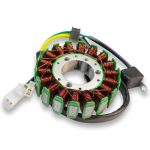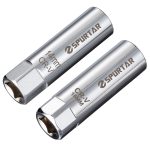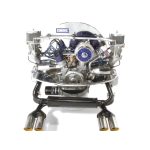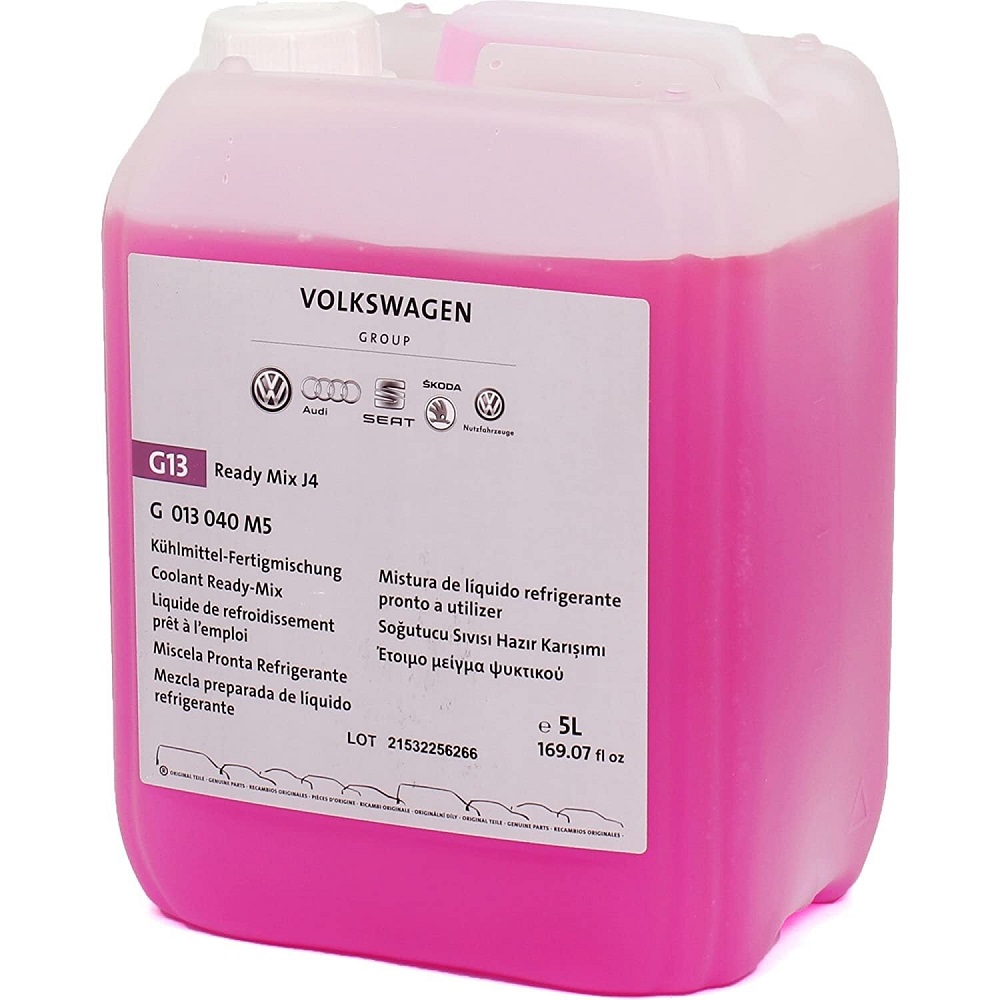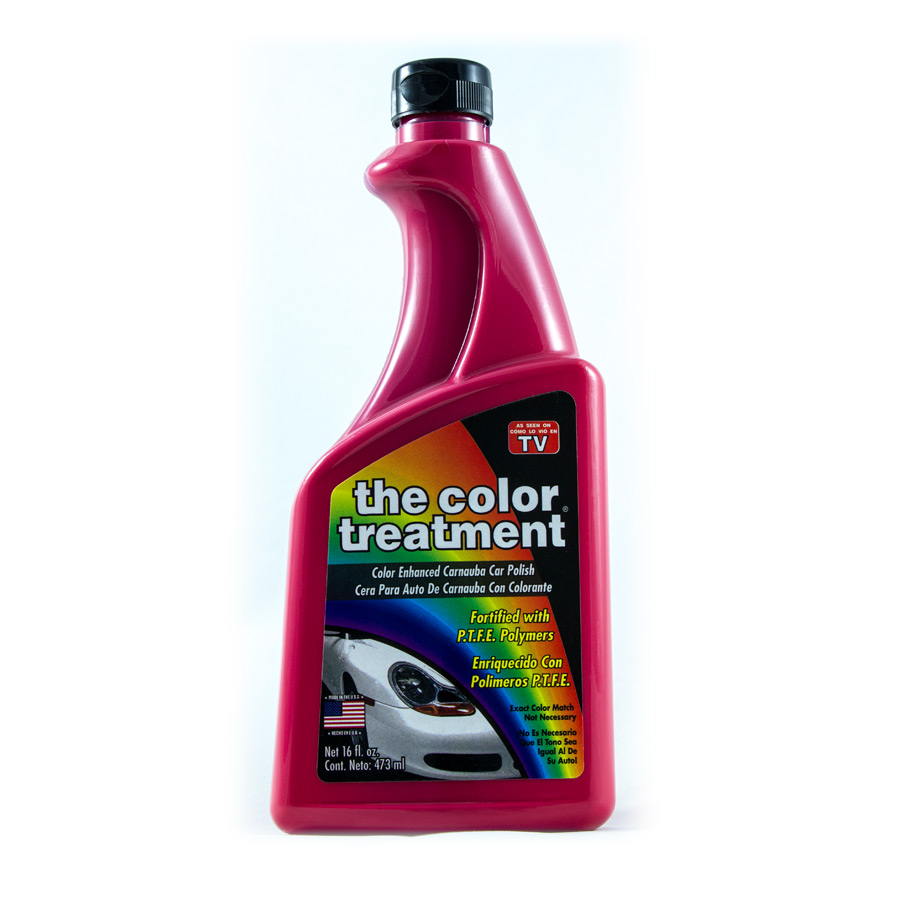Why Cleaning Car Battery Corrosion Matters
How to clean car battery corrosion? Corrosion on a car battery is a common issue that many drivers face, especially in humid or salty environments. This buildup, usually a white or greenish substance, forms when the battery acid reacts with the metal terminals. It can lead to poor electrical connections, difficulty starting the car, and even damage to the battery itself.
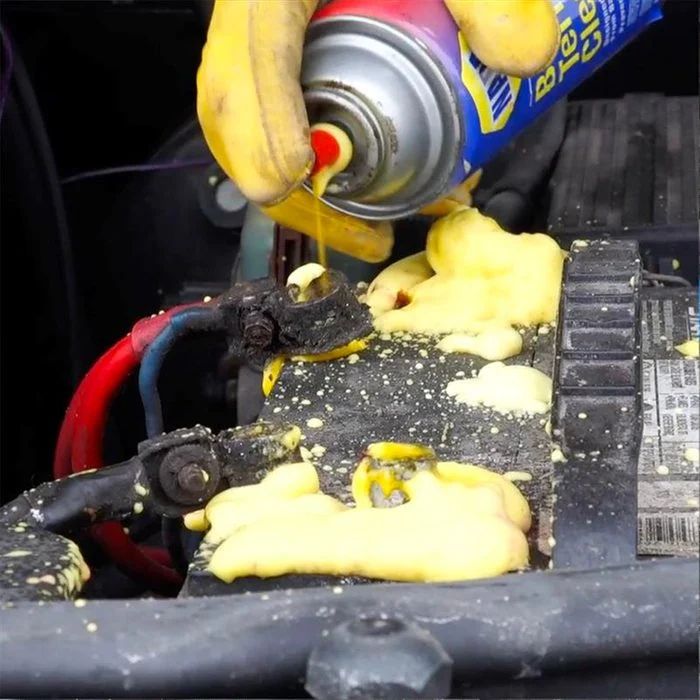
Regular cleaning is important because it helps maintain a strong connection between the battery and the vehicle’s electrical system. If left unchecked, corrosion can cause long-term damage and even lead to battery failure. In addition, it’s a simple task that can be done at home with basic tools and materials.
It’s also worth noting that how to clean car battery corrosion is not just about aesthetics—it’s about safety and performance. A clean battery ensures that your car starts reliably and reduces the risk of electrical malfunctions. Whether you’re a seasoned mechanic or a first-time DIYer, learning how to clean car battery corrosion is a valuable skill.
So, if you’re wondering how do you clean corrosion off a car battery, read on to find out the best and safest methods.
What You Need to Clean Car Battery Corrosion
Before you start cleaning, gather the necessary tools and materials. Most of them are easy to find and inexpensive. Here’s what you’ll need:
- Baking soda (a natural and safe cleaner)
- White vinegar (another effective option)
- A small container or bowl
- A wire brush or a toothbrush
- A cloth or paper towels
- Protective gloves and safety goggles
- A wrench or pliers (for removing battery cables)
- A battery terminal cleaner (optional but helpful)
These items are all you need to safely and effectively remove corrosion from your car battery. Using the right tools ensures that you don’t damage the battery or the surrounding components during the cleaning process.
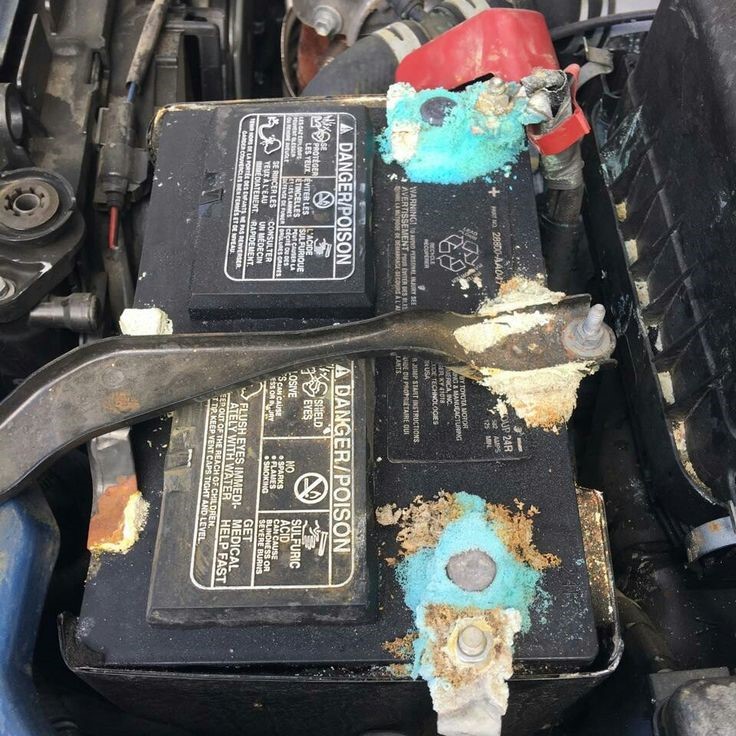
Another important point is to make sure the car is turned off and the keys are removed before you begin. This prevents any accidental electrical shocks or short circuits. Also, always work in a well-ventilated area to avoid inhaling fumes.
Once you have everything ready, you can move on to the actual cleaning process.
Step-by-Step Process to Clean Car Battery Corrosion
Now that you have the tools, let’s go through the steps to how to clean car battery corrosion. Follow this guide carefully to ensure a safe and effective cleaning experience.
- Turn off the car and open the hood. Make sure the engine is cool before you begin.
- Disconnect the negative terminal first. Use a wrench or pliers to loosen the nut on the negative cable. Once loose, pull the cable away from the terminal.
- Remove the positive terminal. Repeat the same process for the positive cable.
- Mix a cleaning solution. Combine baking soda and water in a bowl to create a paste. Alternatively, use white vinegar for a more acidic solution.
- Apply the solution to the terminals. Use a brush to scrub the terminals and the inside of the clamps. The baking soda or vinegar will help break down the corrosion.
- Rinse the terminals. Use water to rinse away the cleaning solution and any loosened corrosion.
- Dry the terminals thoroughly. Use a cloth or paper towel to wipe them dry.
- Reconnect the battery cables. Start with the positive terminal, then the negative one.
- Test the car. Try starting the vehicle to ensure everything is working properly.
This process is straightforward and can be completed in under 30 minutes. It’s a great way to keep your car running smoothly and prevent future issues caused by corrosion.
Remember, how to clean car battery corrosion is not just about appearance—it’s about maintaining your car’s performance and safety.
How Do You Clean Corrosion Off a Car Battery?
If you’re asking how do you clean corrosion off a car battery, the answer is simple: use a mixture of baking soda and water or white vinegar. Both options are effective and safe for most batteries. Baking soda is less harsh and easier to handle, while vinegar can dissolve stubborn buildup more quickly.
To clean the corrosion, apply the chosen solution to the affected areas and use a brush to scrub away the buildup. Be careful not to get the solution into the battery cells, as this can damage the internal components. After scrubbing, rinse the area with water and dry it completely before reconnecting the battery.
Some people prefer using commercial battery cleaners, which are available at auto stores. These products are designed specifically for this purpose and can save time and effort. However, they may contain stronger chemicals, so always follow the instructions carefully.
It’s also possible to clean battery terminals without disconnecting the battery, but this is not recommended. Disconnecting the battery ensures that you won’t accidentally trigger the car’s electrical system while working on the terminals. So, how do you clean corrosion off a car battery? The best method is to disconnect the battery first and then proceed with the cleaning.
Can You Clean Battery Terminals Without Disconnecting?
You might wonder how do you clean battery terminals without disconnecting the battery. While it’s technically possible, it’s not advisable. Removing the battery cables allows you to access the terminals more easily and avoids the risk of short-circuiting the vehicle’s electrical system.
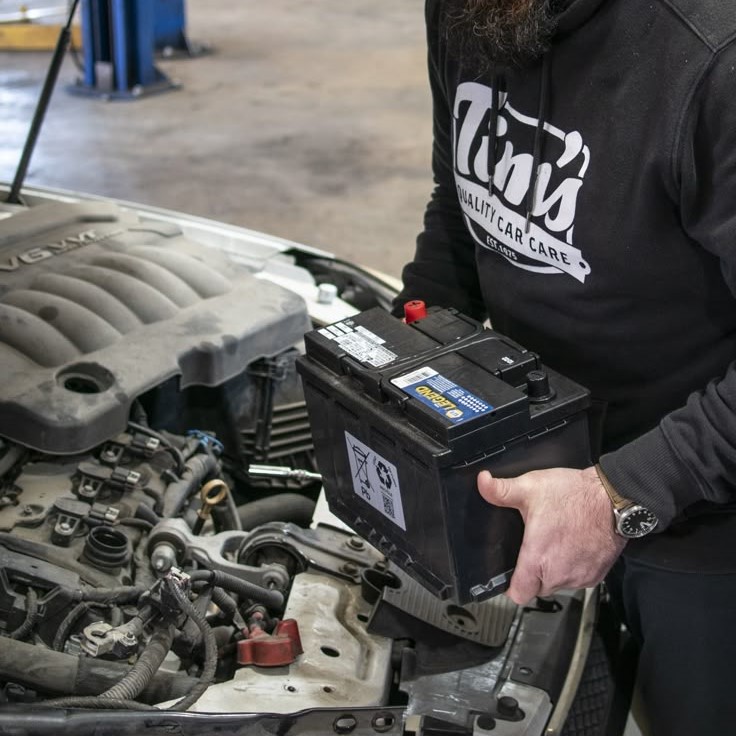
If you still want to try cleaning without disconnecting, make sure the car is off and the key is out of the ignition. Use a wire brush or a toothbrush to gently scrub the terminals. Avoid using excessive force, as this could damage the metal surfaces. However, even if you manage to clean the terminals without disconnecting, it’s still better to remove the cables for a more thorough job.
In addition, cleaning without disconnecting may not reach the inside of the terminal clamps, where most of the corrosion tends to accumulate. For a complete and safe cleaning, it’s best to follow the standard procedure of disconnecting the battery first.
So, how do you clean battery terminals without disconnecting? It’s possible, but not ideal. For the best results, always disconnect the battery before cleaning.
Does Corrosion Mean a Car Battery Is Bad?
One common question is does corrosion mean a car battery is bad. While corrosion is a sign that the battery needs attention, it doesn’t necessarily mean the battery is faulty. Corrosion often occurs due to normal wear and tear, exposure to moisture, or overcharging.
However, if the corrosion is heavy or accompanied by other symptoms—like slow starting, dim headlights, or a swollen battery—then the battery may be failing. In such cases, it’s best to test the battery with a multimeter or have it checked by a professional.
Even if the battery is still functional, regular cleaning is important to maintain its performance. Corrosion can reduce the battery’s ability to hold a charge and may lead to more serious issues over time.
So, does corrosion mean a car battery is bad? Not always, but it’s a red flag that should not be ignored. Cleaning the corrosion regularly can help prolong the life of your battery and prevent unnecessary replacements.
Is Baking Soda or Vinegar Better for Battery Corrosion?
When it comes to is baking soda or vinegar better for battery corrosion, both are effective, but they work differently. Baking soda is a mild abrasive that neutralizes acid and is less likely to cause damage to the battery terminals. It’s also safer to use around sensitive electronic parts.
On the other hand, vinegar has a higher acidity level, which can dissolve corrosion more quickly. However, it must be used carefully, as it can be corrosive to certain materials if not rinsed off properly. Many people prefer baking soda for its gentler approach, especially for regular maintenance.
Both methods are safe and effective, but baking soda is generally the preferred choice for most users. It’s non-toxic, inexpensive, and widely available. Vinegar is a good alternative if you need extra strength, but always follow up with a thorough rinse and dry.
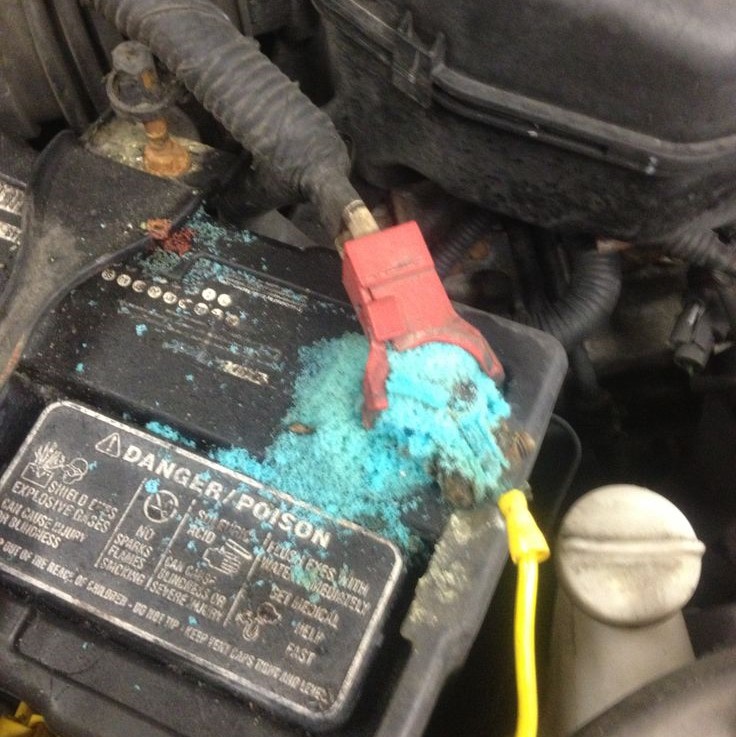
So, is baking soda or vinegar better for battery corrosion? It depends on your preference and the severity of the corrosion. Either option can work well, but baking soda is usually the safer and more user-friendly choice.
Tips for Preventing Future Battery Corrosion
After cleaning the battery, it’s important to take steps to prevent future corrosion. Corrosion is often caused by moisture, heat, and chemical reactions between the battery acid and the metal terminals. To reduce the chances of it happening again, consider the following tips:
- Use dielectric grease: Apply a small amount of dielectric grease to the terminals after cleaning. This creates a protective barrier that prevents moisture and corrosion from forming.
- Keep the battery clean and dry: Regularly inspect the battery and clean it if you notice any signs of buildup.
- Check the charging system: A faulty alternator or voltage regulator can cause overcharging, leading to increased corrosion. Have your charging system checked periodically.
- Use a battery cover: A battery cover can protect the battery from dust, moisture, and temperature changes, which can all contribute to corrosion.
- Avoid over-tightening the battery cables: Too much pressure can damage the terminals and increase the risk of corrosion.
By taking these preventive measures, you can significantly reduce the amount of corrosion that builds up on your battery over time. This makes how to clean car battery corrosion a less frequent task and helps keep your vehicle running smoothly.
Remember, prevention is always better than cure, and a little maintenance goes a long way in keeping your battery in good condition.
Final Thoughts
In conclusion, how to clean car battery corrosion is a simple yet important task that every car owner should know. Corrosion can affect your car’s performance and even lead to costly repairs if left unchecked. By following the steps outlined above, you can safely and effectively remove corrosion from your battery terminals and restore proper electrical contact.
We’ve covered how do you clean corrosion off a car battery, whether you can clean battery terminals without disconnecting, and whether corrosion means a car battery is bad. We’ve also compared baking soda vs. vinegar for battery corrosion and provided tips for preventing future buildup.
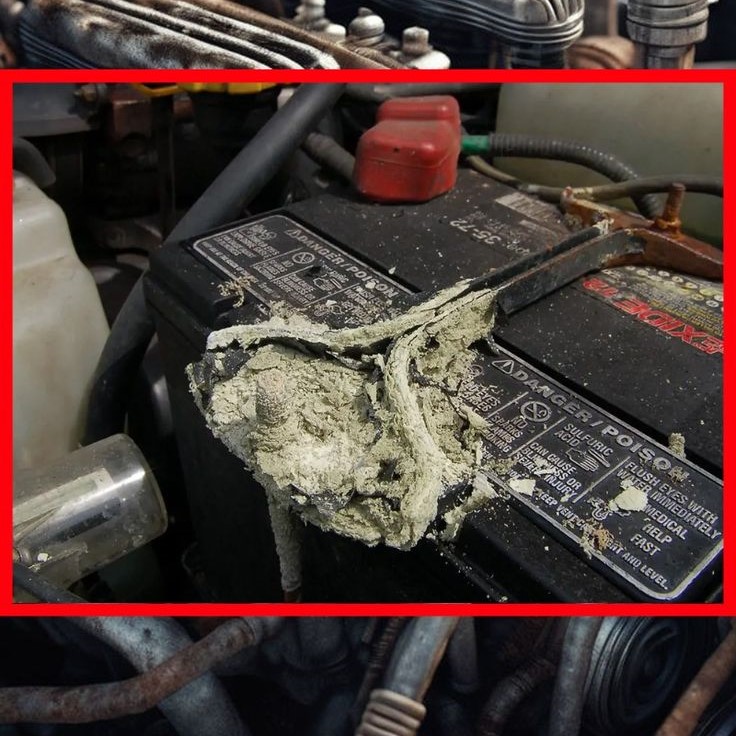
With the right tools and a bit of care, you can keep your battery in top condition. Don’t ignore corrosion—clean it regularly to ensure your car starts reliably and runs efficiently.
So, how to clean car battery corrosion? The answer is simple: use a mixture of baking soda and water, scrub the terminals, and apply a protective coating to prevent future buildup. With a little effort, you can keep your car battery in excellent shape and avoid unexpected breakdowns.
How to clean car battery corrosion is not just a maintenance task—it’s a crucial part of keeping your vehicle in good working order. Take the time to clean your battery regularly and enjoy a smoother, more reliable driving experience.
